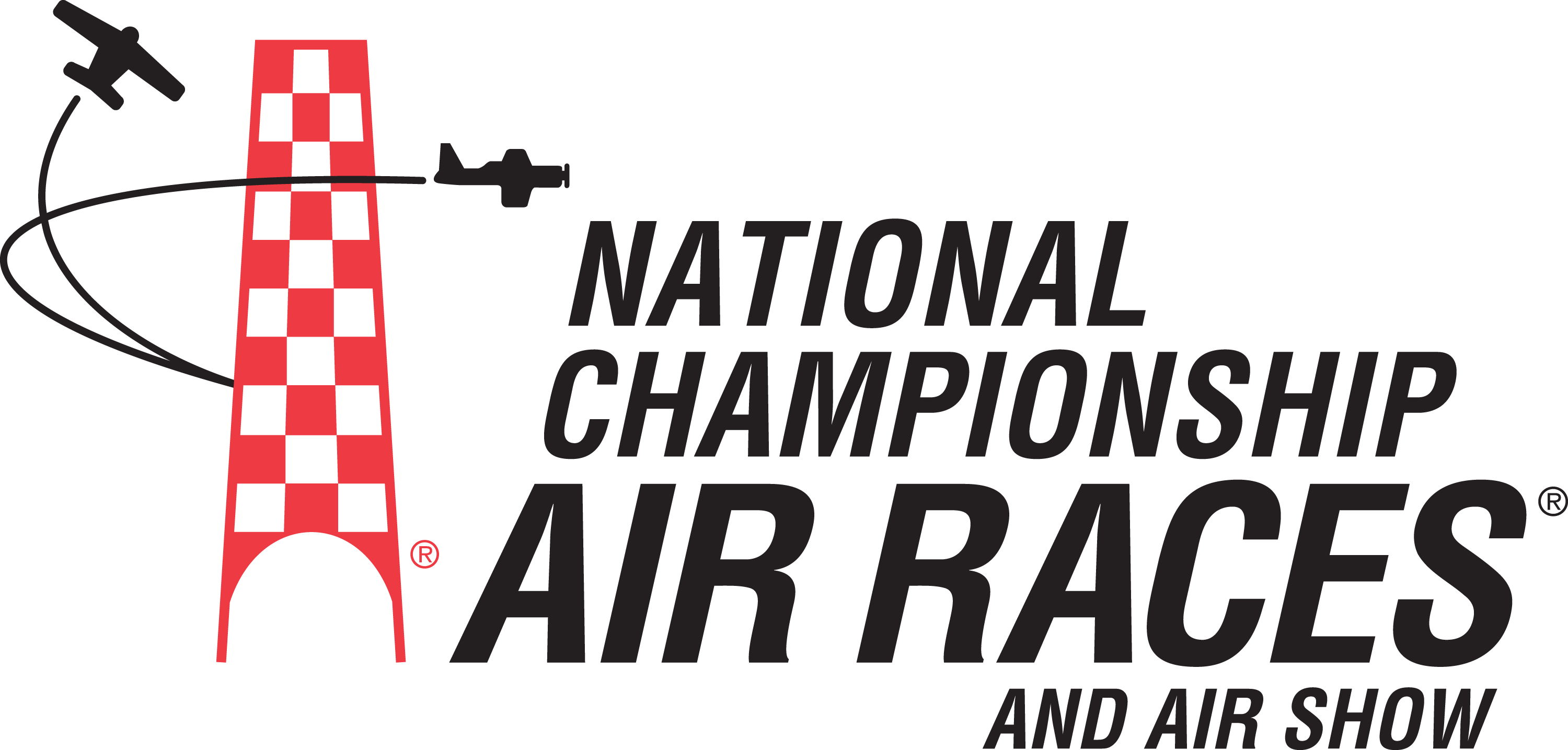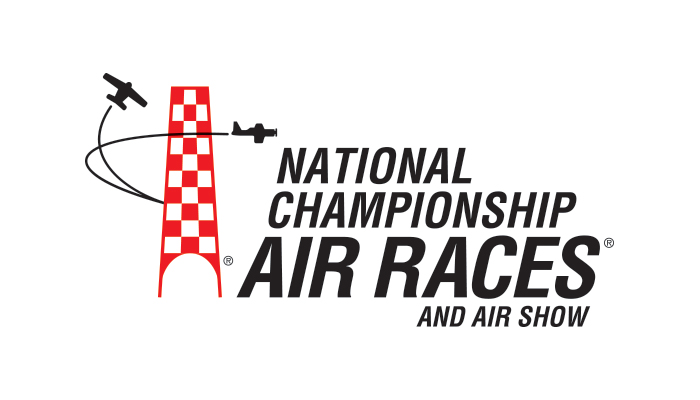Friends and Fans Mourn the Passing of William “Bill” Kerchenfaut
By: Scott Germain
Air racing, as a sport and a family, lost a pioneer and luminary during the early morning hours of Friday, November 11, 2016. William “Bill” Kerchanfaut passed away in Santa Clara, California, after suffering a stroke several days earlier. His sister and close friends were with him.
“Kerch,” as he was known to friends and fans alike, got his air racing start in 1968 while serving in the Air Force. He was stationed at Edwards Air Force base when Darryl Greenamyer brought his Bearcat there in preparation for a speed record attempt. Kerchenfaut asked if he could help, and the rest is literally history.
Greenamyer’s Bearcat, manned by a team of racing superstars and engineers, gave Kerch the opportunity to learn from and work with the greatest. He fit right in, thriving in the environment. After the airplane retired, Kerch worked on a large number of modified racers. From Darryl’s Bearcat to Sherm Cooper’s Miss Merced, and JR Sandberg’s Tipsy Miss to Bob Button’s Voodoo, Kerch was always thinking, designing, building, or maintaining the hottest racers.
As a crew chief, Kerchenfaut’s record is second to none. John Crocker’s ‘Sumthin’ Else’ won gold for the first time in 1979 with Kerch in charge. He racked up 14 more wins with Strega, Dago Red, September Fury and Voodoo. Always quick to say each victory is a team effort, Kerchenfaut was an inspiring crew chief and leader. He brought team members together to pull on a singular rope: win gold at Reno.
Kerchenfaut’s contributions to the sport are many, but when he teamed with ‘Tiger’ Destefani and engine builder Dwight Thorn on Strega, they changed history. Kerch was the force that could (mostly) corral these strong personalities and take charge of the airplane’s development. As a result, Strega’s speeds and reliability soared – and so did the wins.
His next major achievement came as crew chief of Dago Red. During the 2003 races, Skip Holm piloted the modified Mustang during Friday’s heat to win at an average speed of 507.105 mph – the first time any racer had broken the 500 mph barrier. Kerch was especially fond of those times, saying that racing team was probably the best the sport would ever see.
For racing fans, speaking with him meant feeling you were part of the event. Kerch always had time for a hello and a chat. “But that’s the one thing you can’t buy or borrow at Reno,” he said. “Time. You have to manage your time.” If he wasn’t physically working on the plane or going over telemetry, he was planning the team’s activities, or watching the competition. If all the work was done, you could find him interacting with team members, other racers, and fans.
“I’m just a guy with a screwdriver,” was probably his favorite saying, but everyone knew this was overly modest. Kerch’s mechanical abilities, which were varied and had unusual depth, actually paled in contrast to his people skills. Kerch could bring the most diverse team together, motivate them, and give them tools they needed for the job. Even the junior member of a team was given a say at crew meetings. He was inclusive, not exclusive. He was ethical and a speaker of the truth; a rare combination that sometimes rubbed the wrong people the right way.
Those that knew Kerchenfaut will remember him, his accomplishments, and time spent together on an entirely different scale. To crew with Kerch meant to truly be part of a team. To be called his friend meant you received his loyalty, trust, and those wide-ranging and deep-thinking conversations. He obviously cared for his friends, and carefully cultivated and maintained those relationships.
While his presence will be missed, all that knew Bill Kerchenfaut will agree they are better people for knowing him.
“We need to take care of each other,” he would say. “We’re all in this together.”
The thousands of people he touched and inspired are, indeed, together as they remember their friend.

